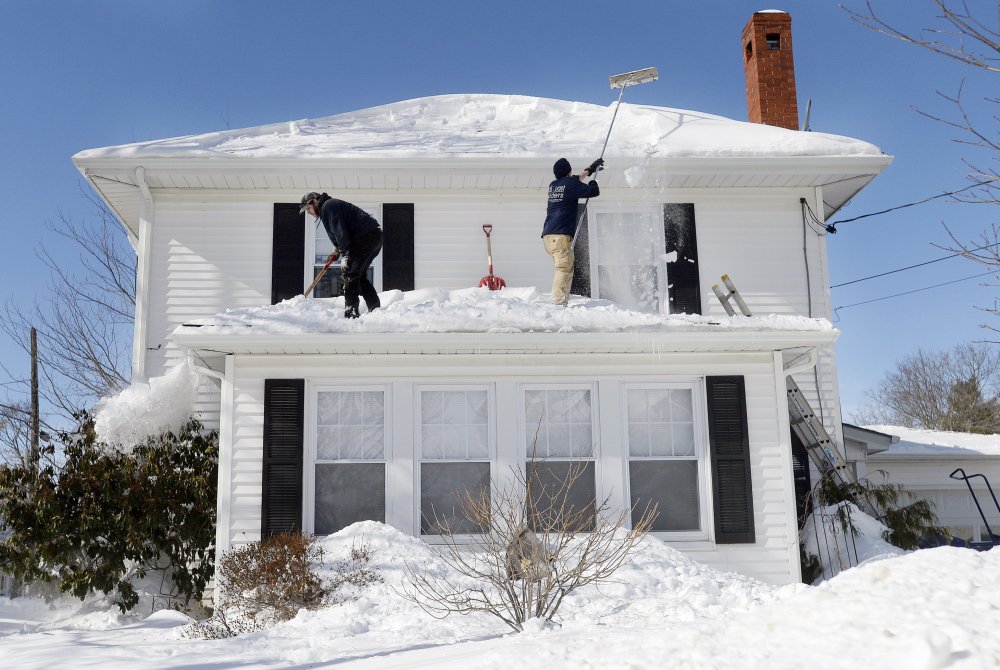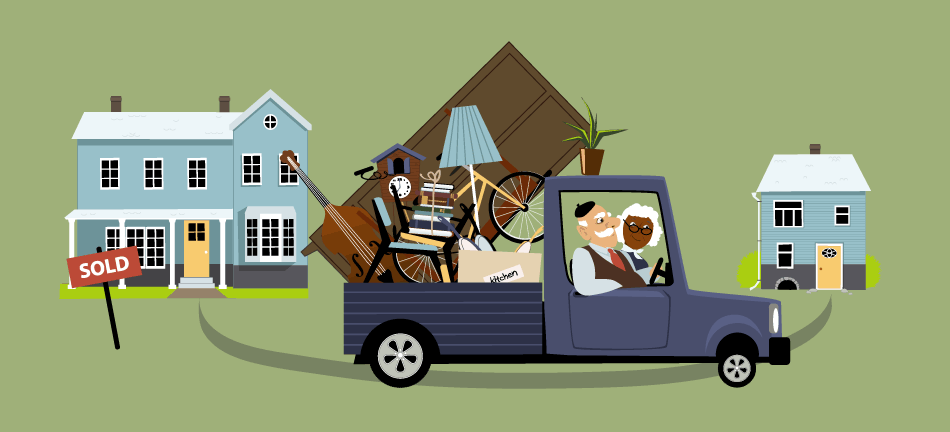Tips to Reduce Moving Costs

As exciting as it is to be relocating to a new home or new city, very few actually look forward to the “moving” part! It can be as expensive as you choose, but as a new homeowner, the budget is always on your mind. Check out these ways you can cut costs when it comes time to move:
-
Before you put the first item in a packing box, toss, sell, or give away as much as you can. You may have already decluttered when your current home was put on the market, but give everything one more look before you start packing.
-
Moving.org has an up-to-date list of discounts and coupons offered to senior citizens, various occupations, and membership organizations.
-
Rent a truck, then pack it and move everything yourself. It will be hard work, but get the family involved, have a plan in place, and save hundreds by DIYing your move.
-
Portable storage can be more affordable than hiring a full mover. Reduce stress by having the container delivered a few weeks before the move, as you can pack it over several days, then have it sent to the new house once you are ready to go.
-
If you choose to use a pro, contact at least three reputable moving companies at least a month in advance of the move. Ask if a fixed rate is available, and inquire about possible additional costs: charging more for a weekend move, or extra for wrapping furniture or moving items up and down stairs.
-
Packing in advance when hiring a moving pro that charges by the hour will add to your savings. Have all containers ready in one convenient place, preferably in a garage or the room nearest the front door.
-
Save on packing materials by getting boxes from grocery store produce departments, or ask in online forums for used packing items for free. Some containers are already in your home: suitcases, tote and duffel bags, as well as linens for packing material.
-
Long-distance movers normally charge by weight, so taking items like a weight bench or furniture that you do not have room for in the new house will cost more. Consider selling them before the move.
Probably the most important thing to remember is to plan at least a month ahead of the move, as it is not unusual to pay too much when in a rush. In one study, moving has been <span class="SpellingError SCXW231324750 BCX0" style="margin: 0px; padding: 0px; user-select: text; -webkit-user-drag: none; -webkit-tap-highlight-color: transparent; background-repeat: repeat-x; background-position: left bottom; background-image: url(" data:image="" gif;base64,r0lgodlhbqaeajecap="" 8aaaaaaaaaach5baeaaaialaaaaaafaaqaaaiilgaxcchrtcgaow="=");" border-bottom:="" 1px="" solid="" transparent;"="">found to be one of the top three stressors in life! Keeping costs down as much as possible during the move can help reduce some of that stress.
Courtesy of New Castle County DE Realtors Tucker Robbins and Carol Arnott Robbins.
Photo credit: deccanherald.com





.jpg)








